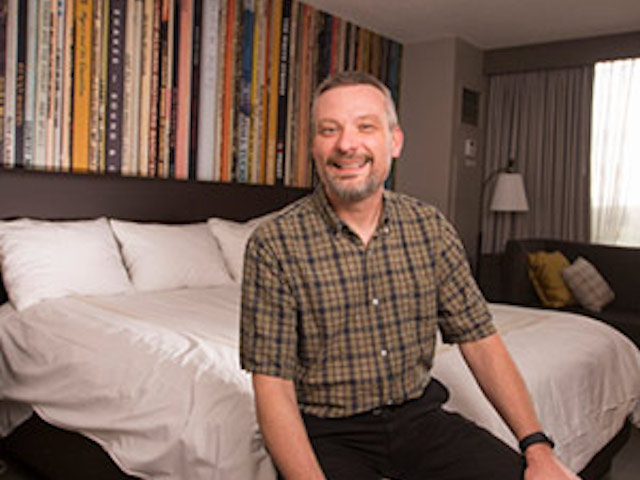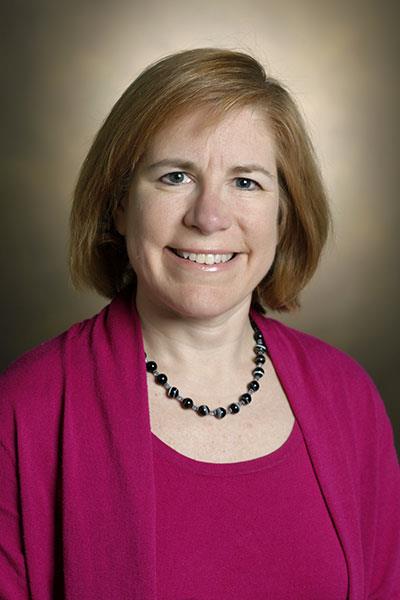Treating sleep apnea is key to reviving overall health
A sleep apnea diagnosis can often be the start to a healthier and better life.
“I tell my patients that when we treat sleep apnea, it will help your heart, your lungs, your brain and your memory,” said Beth Malow, MD, director of the Vanderbilt Sleep Disorders Division, professor of Neurology and Burry Professor of Cognitive Childhood Development.

Life-changing benefits of a good night's sleep
Continuous positive airway pressure (CPAP) is a highly effective treatment for obstructive sleep apnea, the most common form of the condition.
“It has been a blessing,” said patient Joseph Thompson. “I started using a CPAP in January, and my life has changed a great deal since then. I feel a lot better during the day, especially when I first get up. I feel very alert, full of energy. I had snored horribly for years. It had been so bad that it affected my relationships.”
The treatment has worked so well he no longer snores.
Instead of resting during sleep, people with sleep apnea experience repeated adrenaline rushes — flight-or-fight responses that occur when the brain detects that the body has stopped breathing. It’s a condition that afflicts many and often goes undiagnosed, affecting one of every four men and one of every 10 women between the ages of 40 and 60, Malow said.
Left untreated, sleep apnea robs people of more than a good night’s sleep. It can decrease life expectancy. Sleep apnea is closely associated with weight gain, high blood pressure, cardiovascular disease and memory problems.
“What happens with CPAP is very simple, but it is very elegant,” Malow said. “Because you are using this air pressure to open up the back of your throat, you don’t have that whole adrenaline rush and you sleep soundly through the night. You go into all the deep sleep stages you need to feel good the next day.”
CPAP therapy is covered by insurance, can be expediently provided and acts quickly, Malow said. Many of the patients she has treated have experienced weight loss as an added benefit after starting CPAP therapy.
Today’s devices are nothing like those used in the past.
“CPAP started out as more of a big mask that people would wear over their nose and mouth,” Malow said. “It almost looked like somebody was in the intensive care unit with one of those big oxygen masks on. Over the years, it has become much more user friendly. It is now something that can just be a small mask over your nose.”
The Vanderbilt Sleep Disorders Center has two hotel-based sleep labs for patient evaluations, one at the Marriott at Vanderbilt University and another at Hyatt Place in Franklin.
After being evaluated, Thompson was diagnosed with sleep apnea, but not a severe case. At 50 and with a family history of sleep apnea, he opted not to let the condition put any more stress on his body.
“When I first put the CPAP mask on, I will sit up on the side of the bed for a minute just to kind get used to the air flow,” he said. “Once I lie down, I am asleep in five minutes or less.”
To learn more about CPAP therapy, call (615) 936-0060.
